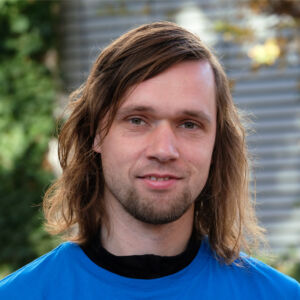Pasture condition in the Mongolian steppe: Cross-validating traditional ecological knowledge and field-based ecological surveys
Khurelpurev Oyundelger et al.
Lukas Drees has been a research scientist at ISOE since 2016. He studied Landscape Ecology at the University of Münster and Environmental Geography at the University of Marburg. As part of the project micle – Climate Change, Changes to the Environment and Migration in Sahel, in his thesis, he applied Bayesian Networks for the analysis of the impact of environmental changes and socio-economic conditions, such as land degradation and educational level, on the migration of people in the Sahel.
Khurelpurev Oyundelger et al.
SHUXIN JI et al.
Lukas Drees, Antje Otto, Thomas Friedrich
Daniela Pastoors, Lukas Drees
SHUXIN JI et al.
